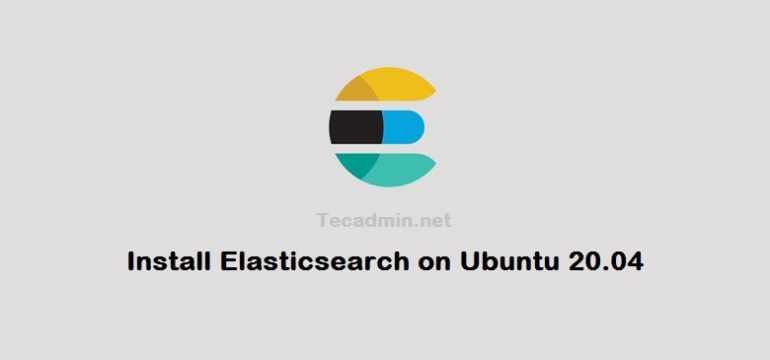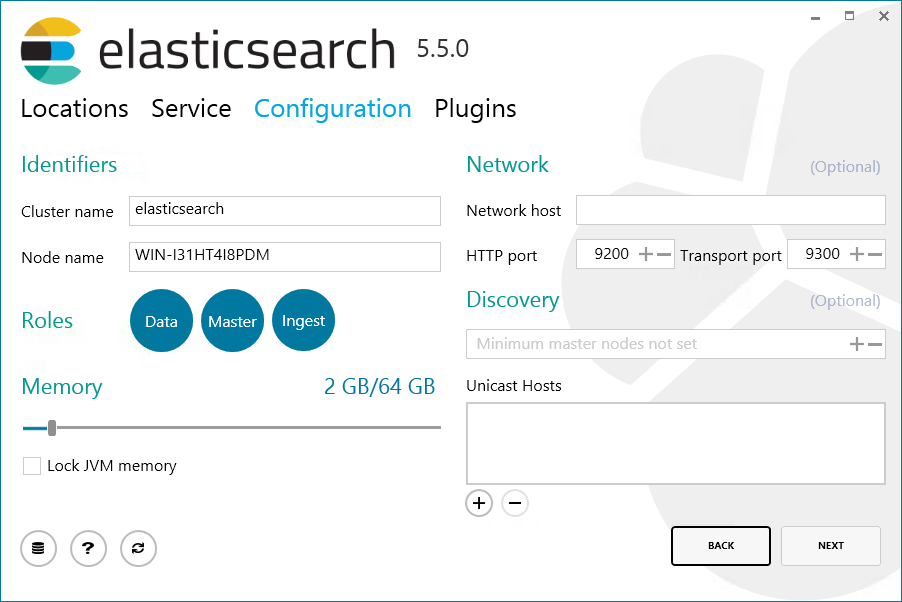

- #Install filebeats elastic search how to#
- #Install filebeats elastic search install#
- #Install filebeats elastic search upgrade#
- #Install filebeats elastic search download#
Navigate to kibana dashboard to visualize your data. T11:13:13.600Z INFO instance/beat.go:815 Kibana dashboards successfully loaded. Loading dashboards (Kibana must be running and reachable) T11:12:00.077Z INFO idxmgmt/std.go:309 Write alias successfully generated.

T11:12:00.075Z INFO idxmgmt/std.go:298 Loaded index template. T11:11:59.711Z INFO template/load.go:117 Try loading template filebeat-7.10.1 to Elasticsearch T11:11:58.580Z INFO add_cloud_metadata/add_cloud_metadata.go:89 add_cloud_metadata: hosting provider type not detected. You should see a confirmation that dashboars have been created sucsessfully T11:11:55.731Z INFO template/load.go:183Ğxisting template will be overwritten, as overwrite is enabled. Start Filebeat service systemctl start filebeat Setup filebeat environment filebeat setup -e Create a repo file in /etc// with the following content: sudo tee /etc//elastic.repo
#Install filebeats elastic search install#
Install Metricbeat sudo apt-get update & sudo apt-get install metricbeat YUMĢ. Install Metricbeat repository sudo apt-get install apt-transport-httpsĮcho "deb stable main" | sudo tee -a /etc/apt//elastic-7.x.listģ. Setup GPG key for elasticsearch wget -qO - | sudo apt-key add -Ģ.
#Install filebeats elastic search download#
You can download Metricbeat from APT and YUM repositories: APT
#Install filebeats elastic search how to#
In this post we shall cover how to install Filebeat and Metricbeats on client server. Once you have configured Elasticsearch and Kibana, you will need to setup Beats on the client servers. You can now access Kibana dashboard using your server’s IP on port 5601, i.e You may need to allow the port through the firewall: sudo ufw allow 5601/tcp Install Metricbeat Start and enable Kibana sudo systemctl enable -now kibana

Since we are installing Kibana and Elasticsearch on the same host, we don’t need to change the elasticsearch.hosts field. # To allow connections from remote users, set this parameter to a non-loopback address. Edit the /etc/kibana/kibana.yaml file and change the server.host option to your external IP or 0.0.0.0. Use the steps below to install Kibana on the same host: sudo apt install kibanaĬonfigure Kibana to allow external IP connections. Kibana provides the web interface where we can visually analyse the collected data. "minimum_index_compatibility_version" : "6.0.0-beta1" "minimum_wire_compatibility_version" : "6.8.0", "cluster_uuid" : "EVzpAqUUSV6wQhO7yiPeKw", Sudo systemctl enable -now elasticsearchĬheck that Elasticsearch is up and running: $ curl Start and enable Elasticsearch sudo /etc/init.d/elasticsearch start # For more information, consult the network module documentation. # Set the bind address to a specific IP (IPv4 or IPv6): Import Elastic search GPG key wget -qO -no-check-certificate | sudo apt-key add -Īdd ElasticSearch repository echo "deb stable main" | sudo tee -a /etc/apt//elastic-7.x.listĬonfigure Elasticsearch to allow remote connections by changing the network.host IP to 0.0.0.0 in the /etc/elasticsearch/elasticsearch.yml file $ sudo nano /etc/elasticsearch/elasticsearch.yml Install Open-JDK 11 (recommended) sudo apt install default-jdk -y
#Install filebeats elastic search upgrade#
Update system sudo apt update & sudo apt upgrade -y In this guide, we shall be installing ElasticSearch on Ubuntu / Debian by following the steps below :


 0 kommentar(er)
0 kommentar(er)
